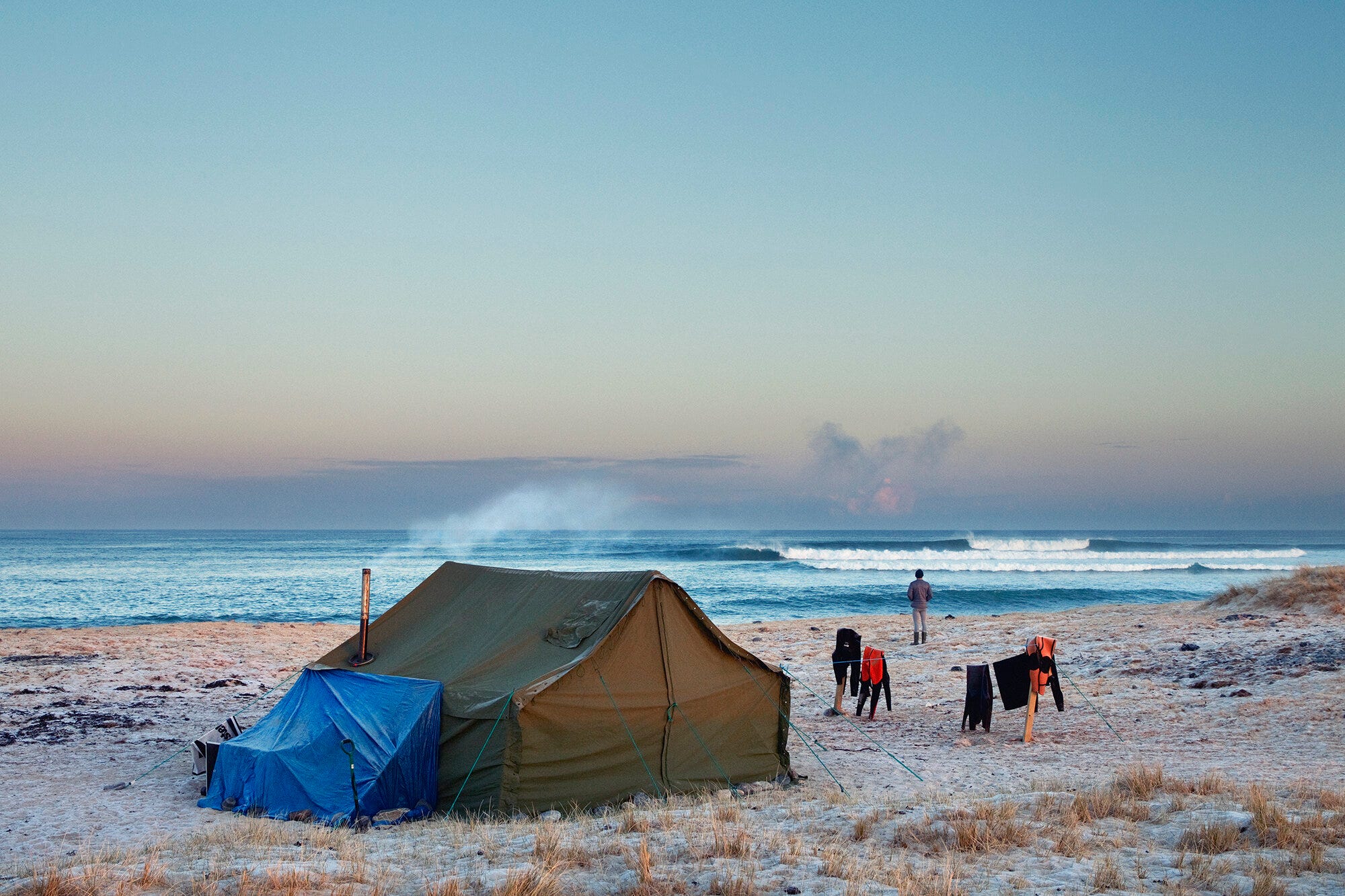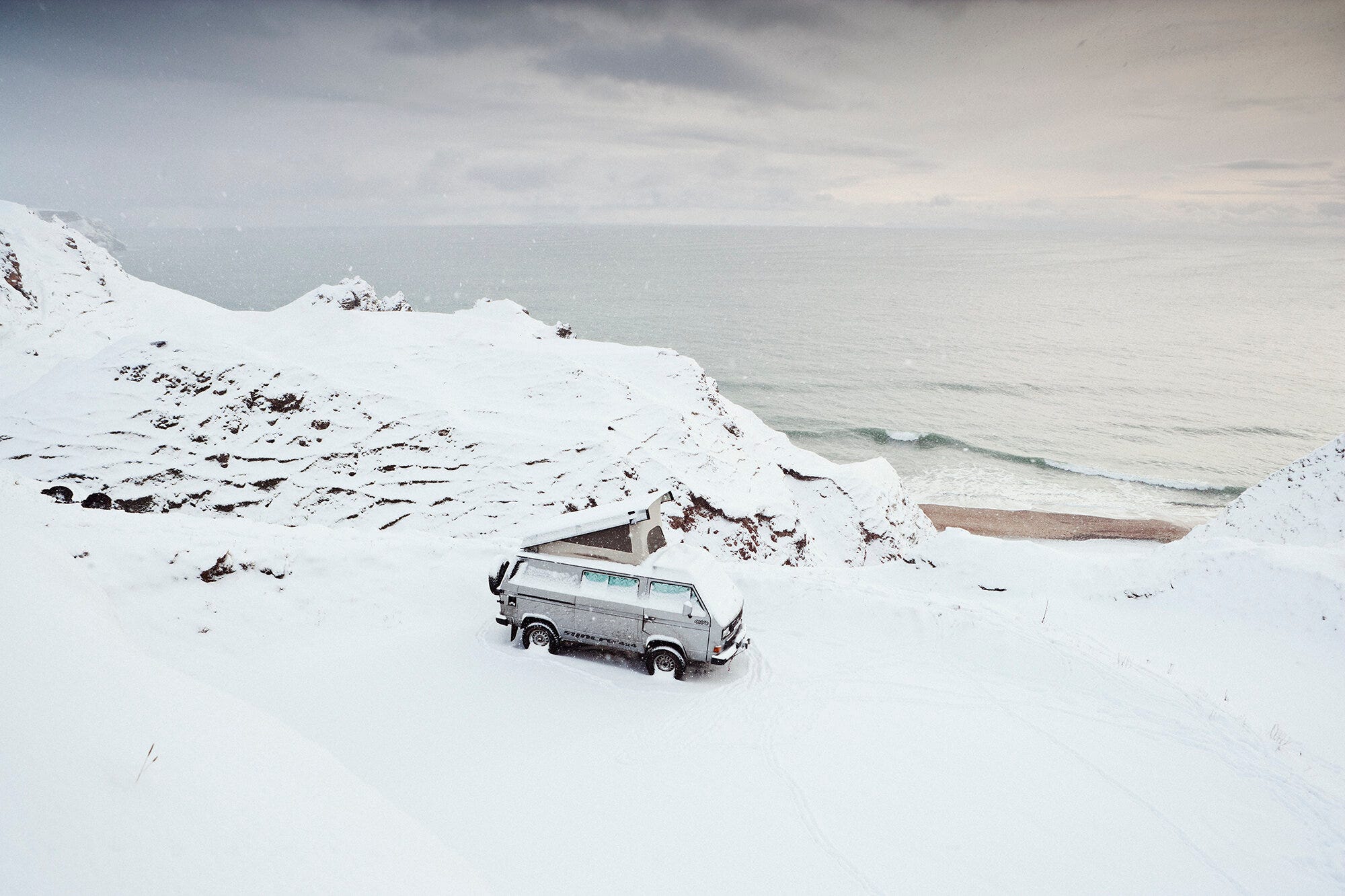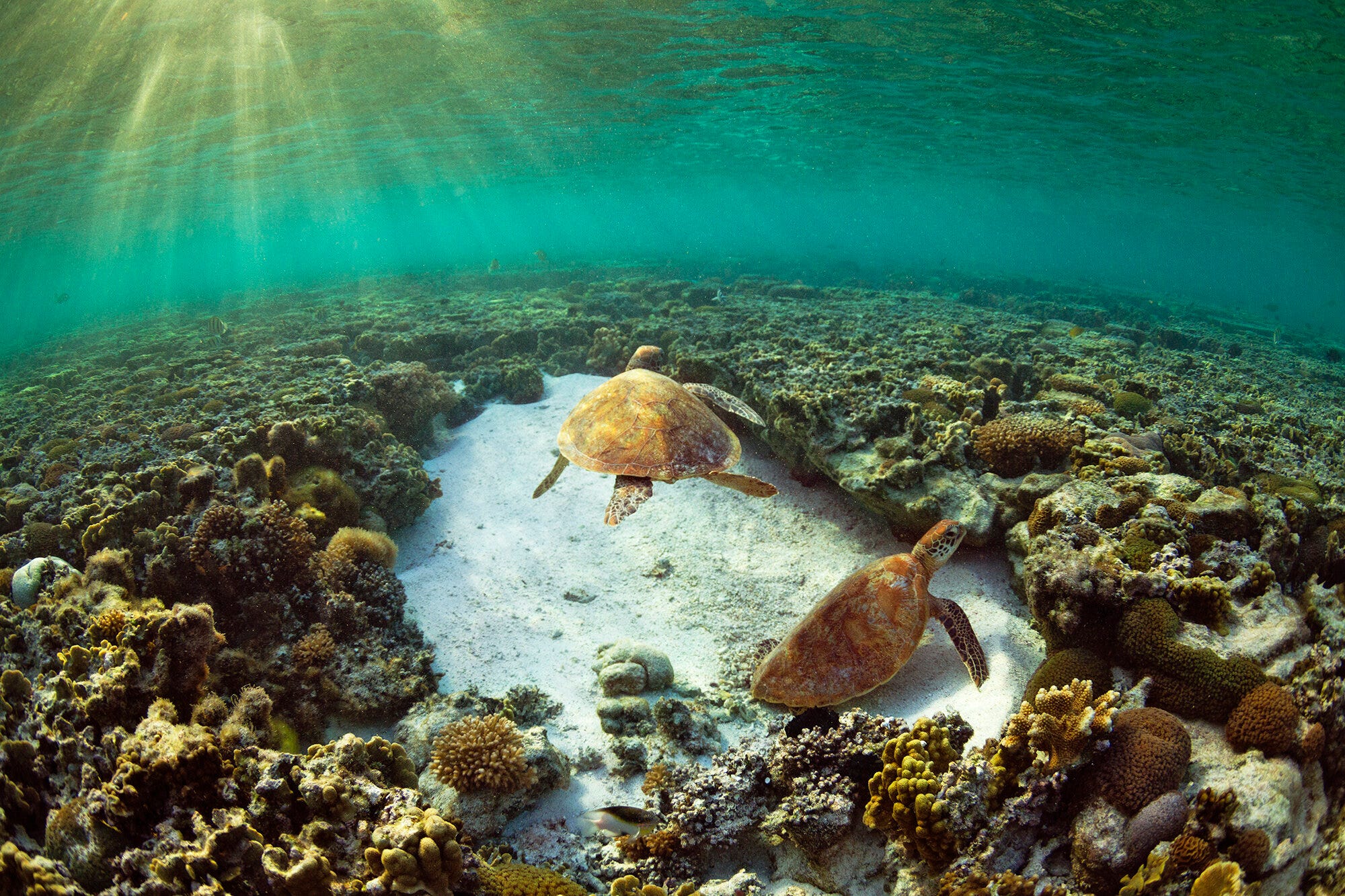Slow Photography: Cold water surfing with Al Mackinnon
Freezing cold, empty line-ups in far flung corners of the earth aren't for the fainthearted, but Al Mackinnon has been floating in such places, camera in hand, long before instagram existed.
An interview with Al Mackinnon
I first encountered Al’s work on instagram, though he was around long before social media, pioneering the cold water surf photography scene. His work has been seen on the covers of numerous high end surf magazines (aka The Surfers Journal, White Horses et al) along with other newspapers and magazines. He’s worked with brands such as Patagonia and Canon, and he was the winner of the XXL Big Wave Award in 2007 for his photograph of Greg Long surfing Dungeons in South Africa. Beyond photography, Al is also a wordsmith and a philosopher. Here, Al shares his thoughts on the state of the photographic world today, including the crossover from film to digital and how slow photography informs his craft.
Thanks for your time, Al. First up; what gear do you like to shoot with?
I believe in the maxim 'the best camera is the one you have on you’ and I try to always have something to hand. My current quiver includes a variety of film and digital cameras and lenses from Canon, Hasselblad medium format film and Leica rangefinders.
All my commissioned work is done on Canon DLSRs and their superb range of lenses. If you want to get the job done there’s no substitute for the Canon 1Dx MK II, it is an exceptionally versatile camera; the build quality, dynamic range, colour depth, ISO, speed, ergonomics and so on enable me to bring my ideas to life. I’m also a big fan of the 7D MK II, it’s like a mini 1DX and the crop sensor is handy for telephoto shots.
I use Aquatech housings in the water, for both film and digital, to my mind they are the best surface (rated to 30ft) housings available; there is no substitute for the level of control the Elite housings offer.
I’ve used Manfrotto and Gitzo gear from day one, Gitzo tripods are peerless. Have just taken delivery of the Gitzo GT2543L legs and GH3382QD head and I already know they will perform without fault in any conditions. First test is Bastille Day in Paris tomorrow. I have also just started using Manfrotto bags and filters too.
For medium format/film I use Sekonic meters and Hi Tech filters and for lighting I use Profoto and Lasolite.
What do you want to express in your photographs?
I suppose photography is a form of communication. I would like to think the viewer gets to see something of me, particularly my enduring love affair, respect and fascination for the world around us. That, in most cases, it is through time spent immersed that one truly sees a place or it inhabitants. Nothing good should ever be rushed, deffo stop to smell the roses, that’s where the magic happens. It would be nice to think that it was all expressed with a little skill and creativity, too.
How do you feel that digital has changed photography?
I think digital has had a mixed influence. It’s made photography far more accessible. I read an article in 2015 that mentioned there were more pictures taken that year (digitally) than in the entire history of photographing on light sensitive substrates. If that is true - and I believe it is - then it is a staggering statistic! The feedback from digital is instantaneous, so learning is expedited and far cheaper than it was with film.
That said, there is a downside: I sense the duality of the internet and digital photography has cheapened the art form somewhat - and fed into this odious instant gratification culture.
Smart phones, in particular, have fuelled narcissistic ’selfie’ photography, and I feel we are only just starting to grasp the detrimental effect that is having on younger generations.
The silver lining: digital has enabled me to get pictures I simply wouldn’t have got on film. It’s constantly pushing the boundaries of possibility - and I love the fact that when I’m doing watershots in the depths of winter, water temp 5°c, wind chill -10°c, I no longer have to swim in, pull down the wetsuit, towel myself and housing off, and change film after 36 shots, before getting back out there!
Which photographers have influenced you?
I’ve always admired Ansel Adams’ technical skill and desire for wilderness. Some years ago - when I was printing all my own black and white work - a photographer friend of mine, Simon Horton (keep an eye out for his street photography over the coming years, trust me!) gave me Adam’s technical trilogy ‘The Camera’, ‘The Negative’ and ‘The Print’. I pored over those books for weeks; they helped me better understand the alchemy of silver halide.
Have long LOVED the work of Mary Ellen Mark, Sebastiao Salgado, Yousuf Karsh, Guy Bourdin, Don McCullin, Wayne Levin and latterly Joni Sternbach. In terms of surf photographers, I always admired Ted Grambeau’s varied folio, Jon Franks’s eye and Scott Aichner’s water work was exceptional.
A special mention should be reserved for Craig Peterson of the Naughton and Peterson duo, they were trailblazers and very much surfers/photographers after my own heart; they produced some of surfing’s most iconic images, yet have remained grounded/unjaded; they’re as stoked today as they ever were. Respect to anyone for whom photography is a vocation rather than a job.
If you could be a photographer in any era, which would it be?
The period of really involved journalism, where photographers could be embedded for months, years even, to produce something really involved and meaningful. I’m thinking about the golden eras of Life, Time and National Geographic; would be good to go back a few years to a time when surfing was less widespread, too!
I have to say, though, that I feel blessed to do what I do now. We are still pioneering surf spots; I’ve named a handful of breaks in the last ten or so years in colder climes, and I’m very fortunate to work with such incredible, environmentally and ethically responsible brands such as Patagonia. Of course, being able to change ISO and shoot both colour and black and white in camera is pretty incredible, I doubt William Henry Fox Talbot or Louis-Jacques-Mandé Daguerre could’ve envisioned that!
Finish this sentence. “If I wasn't a photographer I would be …”
Destitute. Ha ha. Possibly a marine biologist or a florist.
More of Al
Check out Al’s instagram here or facebook here. Thanks for chatting with us, Al!





